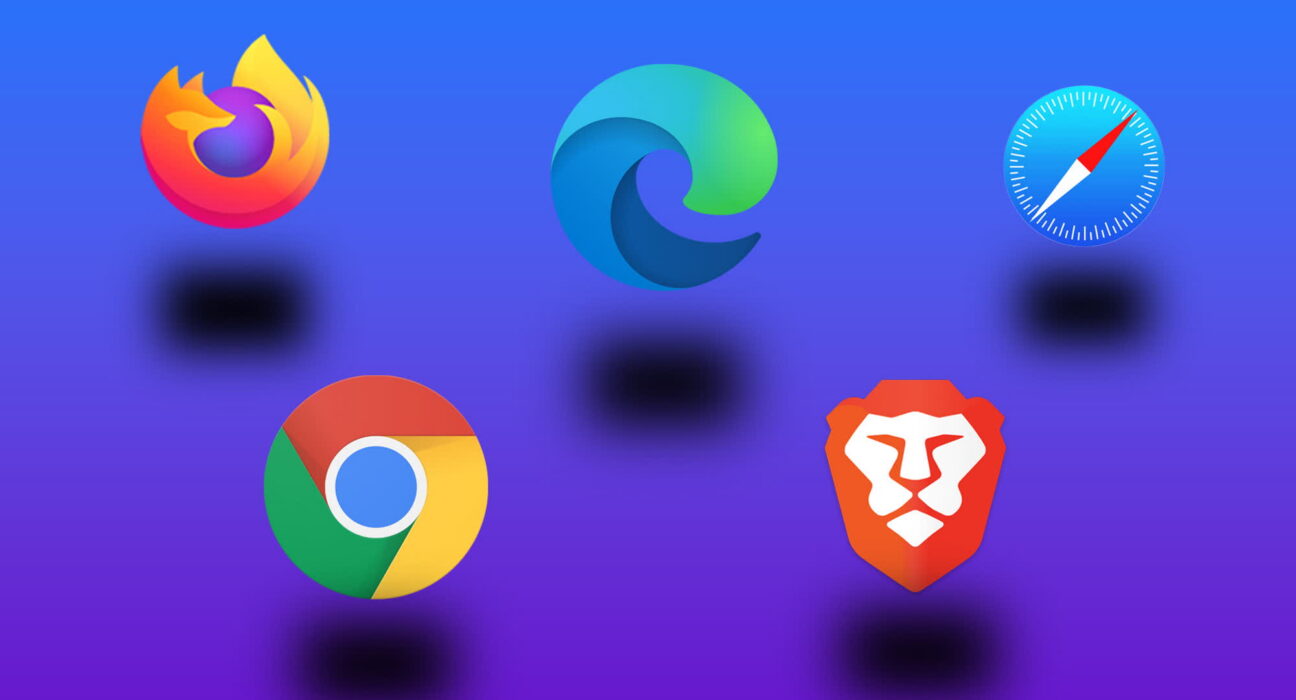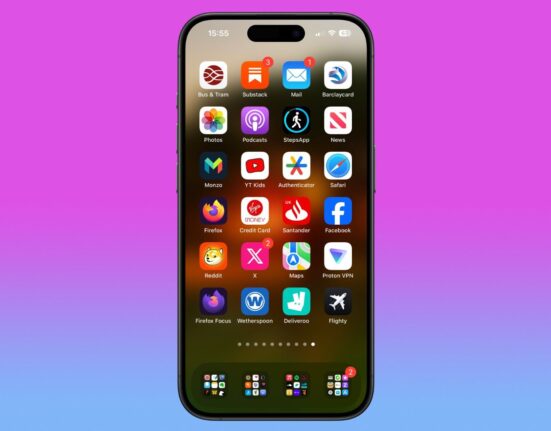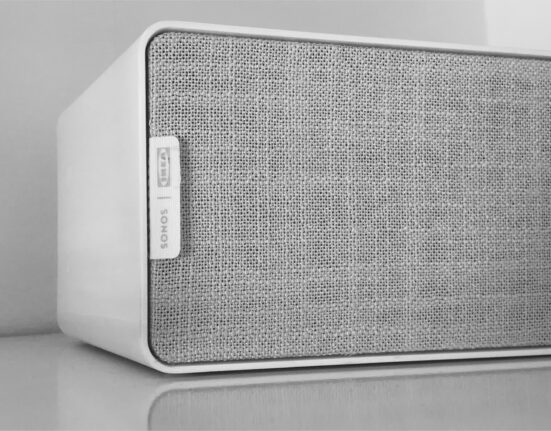Cutting corners: Microsoft Edge is the post-Internet Explorer web browser included with every Windows installation since 2015 (IE since 1998). While the browser is now built on the Chromium open-source project, Microsoft is allegedly still using questionable tactics to try and force users to avoid installing third-party browsers.
A number of browser makers formed the Browser Choice Alliance (BCA) to raise awareness of Microsoft’s wicked behavior in the browser business. The group accuses Microsoft of actively restricting user choice and impeding consumers’ ability to use alternative web browsers, steering users back to Edge despite the many other options available today.
The Browser Choice Alliance currently includes Opera, Vivaldi, Google (who owns Chrome, the most popular Windows browser by far), Wavebox, and Waterfox.
The group has formally petitioned the European Commission to designate Microsoft Edge as a “Gatekeeper” service under the Digital Markets Act, which would compel Microsoft to provide broader browser options for Windows users.
According to the BCA, Microsoft employs dark patterns, technical restrictions, and deceptive practices to deter users from adopting alternative browsers. The company has even altered Windows settings to obstruct users’ ability to set a new default browser. These actions not only disadvantage browser developers but also disrupt the broader web ecosystem, the BCA claims.
The Alliance recently published an infographic to outline how Microsoft is undermining free browser choice. Tactics such as misleading pop-ups, warnings, and unnecessary, confusing steps are allegedly used to discourage users from downloading and installing alternative browsers.
The user experience in Windows has also suffered, with default browser settings intentionally complicating the process of choosing a different browser. Microsoft further promotes Edge by recommending it to users searching for new browsers through the Bing search engine.
Despite the rise of mobile apps (where Microsoft is not a major player) and shifting technology trends, web browsers remain a vital gateway to the internet. Services that significantly impact daily life, including AI tools, depend on a healthy web browser ecosystem. The BCA emphasizes that browsers will continue to play a key role in markets such as education and enterprise for years to come.
The Alliance seeks to foster fair competition among browser makers within the desktop OS market, where Windows still holds over 70% of the global market share. However, notable independent browser developers like Mozilla’s Firefox are absent from the BCA.
Furthermore, Google was recently asked by the U.S. government to divest Chrome due to its search monopoly, yet the company is apparently trying to shift attention to someone else’s monopoly by acting as a “proud” member of the new browser alliance.













